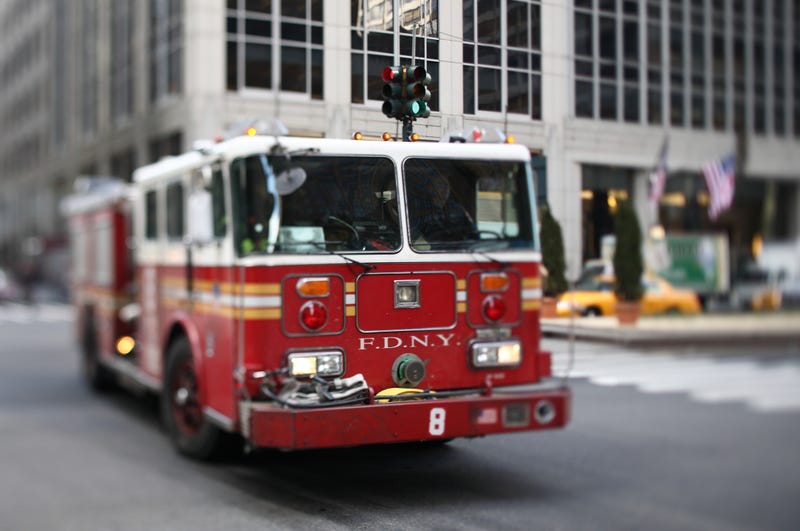
NEW YORK (1010 WINS/WCBS 880) — Fire Commissioner Laura Kavanagh announced on Friday that the FDNY is teaming up with researchers at NYU on a year-long project that will utilize AI technology to help speed up emergency response times.
At a public safety briefing at City Hall, Kavanagh said that the partnership's end goal is to quicken emergency response time by understanding New York City streetscapes and traffic patterns.
While the FDNY has been working on this problem as a department, Kavanagh said that “The AI space is one that we just don’t have experts internally that can go to that next level.”
She also acknowledged that “by partnering with NYU, we get access to some datasets that private companies have, like Waze.”
Last year, FDNY response times increased from the decade-long average of six minutes and 45 seconds to seven minutes and 26 seconds. The Commissioner said that the main drivers of slower response times are traffic and an increase in the volume of calls received.
The project is the first of its kind, according to NYU Tandon School of Engineering’s Transportation Center (C2SMARTER), and entails researchers creating what they call a “Digital Twin,” or virtual model, of neighborhood traffic patterns.
“If we can predict where traffic is going to be the most difficult, we can not only place different resources there, but even alternative sorts of resources,” Kavanagh said.
Researchers said that the virtual environment will include real-time traffic data from cameras and sensors in Harlem, and dispatch data from FDNY vehicles. AI technology will be used to mimic driver behavior and responses to sirens or other emergency vehicle behavior.
“The project with FDNY is a prime example of C2SMARTER’s commitment to using New York City as a living laboratory to create engineering solutions that improve urban mobility and make life better for all New Yorkers,” Associate Director of C2SMARTER and Principal Investigator on the project Joseph Chow said.
The research team plans to make the traffic simulation and accompanying AI tools freely available as open-source software, NYU said. Playbooks on optimal emergency vehicle strategies will also be published for other agencies to view and apply directly.
An FDNY spokesperson told the New York Daily News that the city’s partnership with NYU is being funded by the U.S. Transportation Department, with $90,000, and FDNY personnel costs of $56,000. The department’s data team are the only city manpower working on the project.
